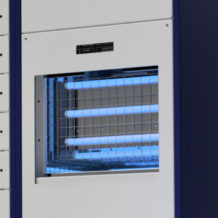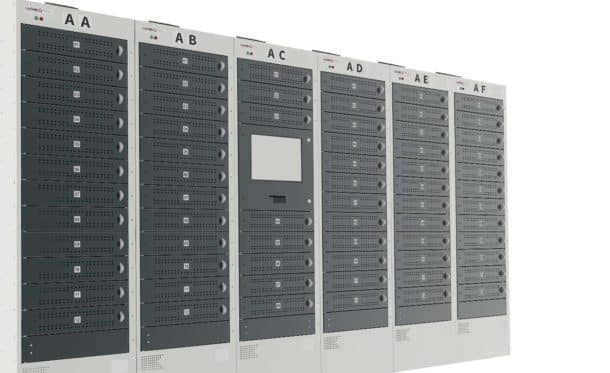Hybrid Working Is Here to Stay
So, your team is now working from home. How secure is hybrid working?
Are you planning to let your staff carry on working from home, or WFH, after COVID-19? If the answer is yes, you’re not alone. Far from it, in fact, according to the Chartered Institute of Personnel and Development (CIPD), which recently found that as many as 40% of employers will allow their workforce to work from home regularly once pandemic restrictions have been permanently ended.
Significant Shift to Hybrid Working
4 in 10 people permanently working from home may not seem so high, considering the working patterns since the start of 2020. However, only 5% of people were working mainly from home before the coronavirus outbreak, according to the ONS, and CIPD found that two-thirds of employers offered regular working from home options to 10% or less of their team. In many cases those employers were not allowing any of their staff to work from the comfort of their own home.
What are the challenges of WFH and Hybrid Working?
Remote working, even on a hybrid basis, creates challenges for managers and staff. Recognition of the need for collaboration amongst teams and sharing knowledge, experience and expertise may well see the office evolve into a part-time creative space where employees come together to problem-solve and share ideas, leaving them to perform individual tasks while WFH.
How many of your laptops are stopping at the pub on the way home?
A major challenge facing those responsible for delivering a successful and productive hybrid working environment will be the ongoing security of company hardware, and the data it holds. This issue is especially prevalent where employees are making all, or part, of their journey on foot, by pedal-power or via public transport. A laptop is stolen every 53 seconds in the UK, mostly from bars, public transport, workplaces and conferences. The average total cost to the company running over £35,000 per stolen laptop, with 80% of these costs are attributed to data breaches. Therefore, reducing the number of company devices making higher risk commutes, such as a trip on the tube, or a stopping off on their journey home, whether at a coffee shop, bar, or even a local park, will surely become a top priority for many of the 40% of employers intending to allow long-term working from home. Providing secure, yet flexible access to a pool of IT equipment could prove an extremely shrewd investment.
How can you deliver flexible IT resources without compromising on security?
D-Tech’s computeIT self-service laptop dispensing kiosks are secure lockers that store, charge and issue devices via a user-friendly interface.
While all legal limits on social contact are currently set to be removed on 19th July, the prospect of hot-desking and shared facilities may still be daunting for many of the UK’s workforce. Therefore, it is likely that hygiene standards will remain more stringent moving forward.
computeIT can safely hold your devices for 72 hours between uses to reduce the risk of contamination, and you can even include a UV-C Sanitising Unit (to remove 99.9% of bacteria from a device within 30 seconds. computeIT UV-C utilises Phillips UV-C bulbs to deliver a fast and effective sanitising solution.

computeIT laptop lockers are available in various sizes to meet the unique requirements of any business, starting with the eight-locker bay computeIT LITE, and a wide range of colour combinations to fit in perfectly with your existing style and branding. Plus, thanks to smart charge deployment, computeIT can ensure members of staff never check out a device with a low battery.
Whether you have implemented a hybrid mix of remote and office working, or are currently collating information to make a business case for the proposal, please feel free to get in touch with us here at D-Tech and we can provide further insight into the benefits of secure laptop storage and self-service lockers.







